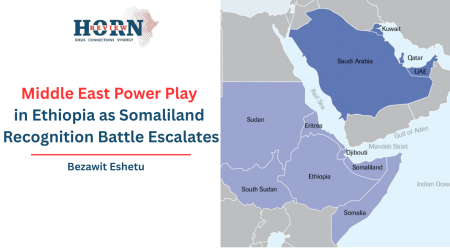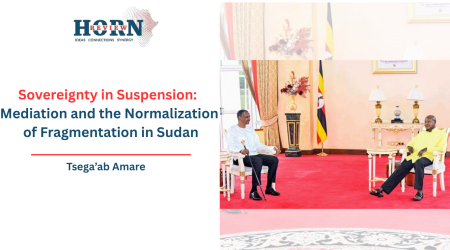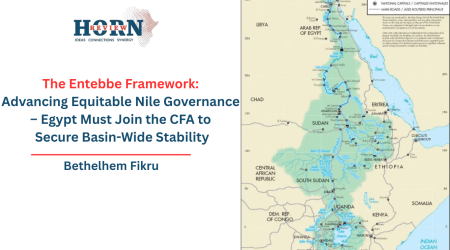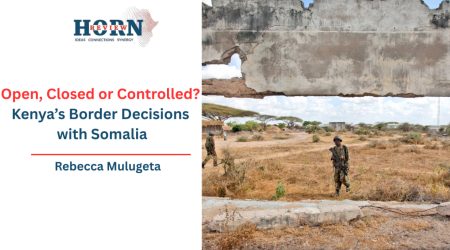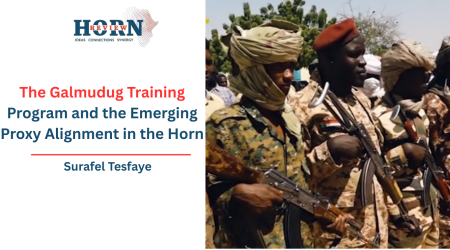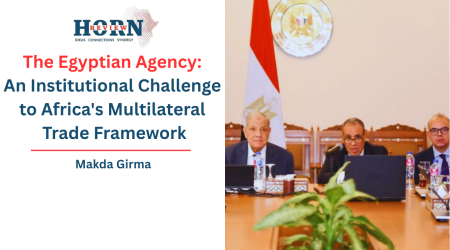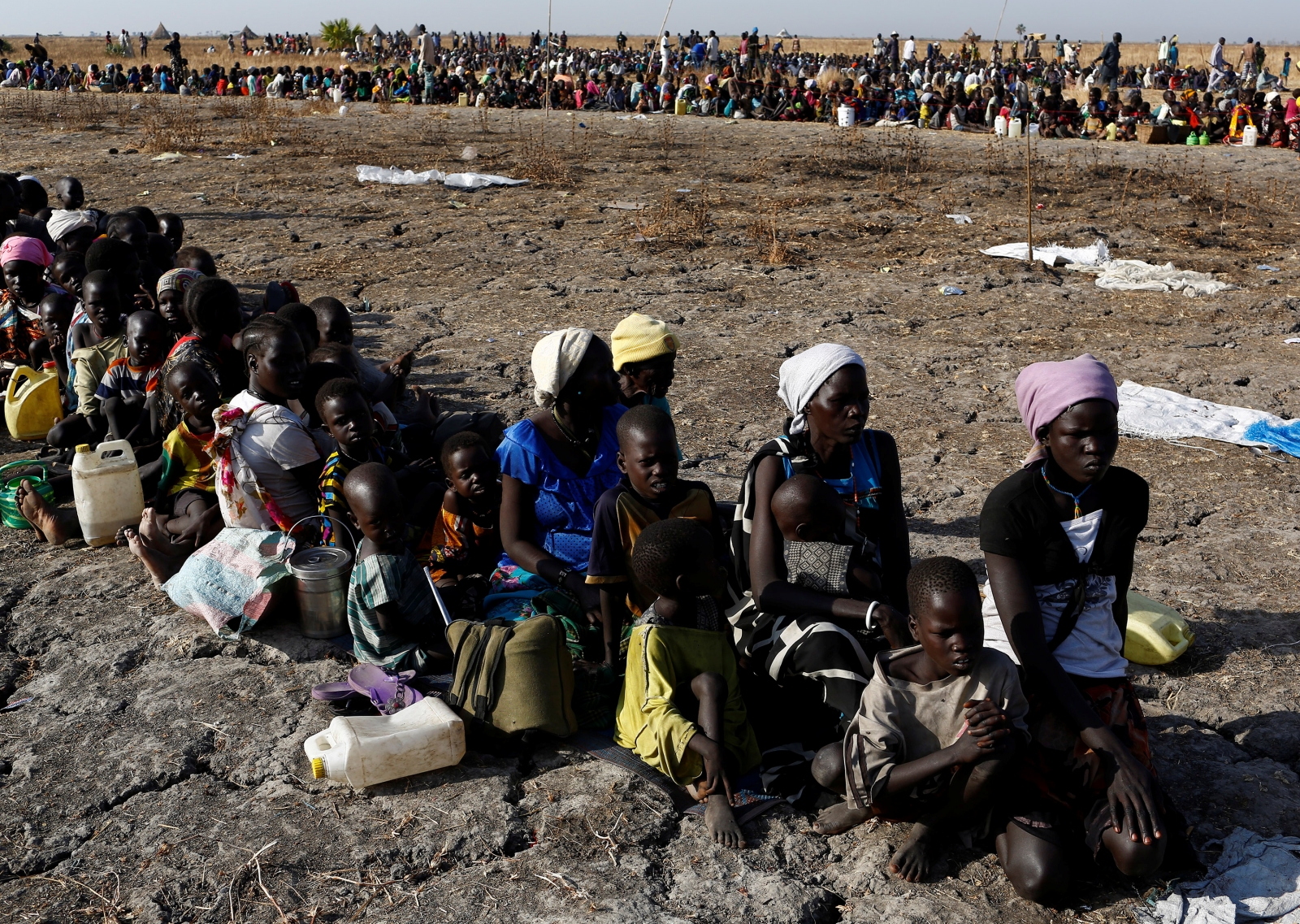
28
Jan
Sudan’s Crisis: A Regional Catastrophe Threatening Ethiopia’s Stability
Sudan is facing a deep crisis characterized by political instability, armed conflict, and severe humanitarian challenges. The country has endured repeated military coups, fragile democratic transitions, and rising violence between rival factions, leaving it in chaos. This turmoil has displaced millions and strained Sudan’s economy, governance, and social fabric. The situation in Sudan has far-reaching implications for neighboring countries, particularly Ethiopia, where the conflict is intensifying existing challenges. The movement of refugees, cross-border security threats, and disruptions to trade are making the crisis a regional catastrophe.
A Deepening Humanitarian & Political Emergency
Sudan’s crisis stems from years of political instability, ethnic tensions, and authoritarian rule. The situation worsened after the 2021 military coup, which derailed the country’s fragile transition to democracy. The power struggle between Sudan’s Armed Forces (SAF) and the Rapid Support Forces (RSF) escalated into violent conflict in April 2023, leading to widespread destruction. This conflict has paralyzed governance, devastated infrastructure, and caused massive displacement.
In regions like Darfur, Kordofan, and Blue Nile, ethnic and tribal divisions have deepened, fueled by competition for resources and political power. The SAF and RSF have exploited these divisions, causing mass violence and atrocities. As a result, Sudan is experiencing one of the most critical humanitarian crises in the world, with millions displaced, food insecurity worsening, and healthcare facilities destroyed.
Spillover Effects on Ethiopia: Refugees, Security, and Economic Strain
The impact of Sudan’s crisis is felt heavily in Ethiopia, a country already facing its own challenges. Over 10 million Sudanese have been displaced, with more than 2.2 million seeking refuge in neighboring countries, including Ethiopia. Many refugees have settled in Ethiopia’s western regions like Benishangul-Gumuz, Amhara, and Tigray, straining the country’s already stretched resources.
This refugee influx has worsened food, water, shelter, and healthcare shortages. Humanitarian agencies report that both refugees and host communities are suffering. The crisis is also exacerbating insecurity along Ethiopia’s western border, as armed groups, potentially linked to Sudan’s factions, recruit from refugee populations. The competition for scarce resources has led to conflicts between local communities and refugees, escalating violence and instability.
Economic Disruptions & Regional Trade
Sudan’s instability has disrupted essential trade routes, which are vital to Ethiopia’s economy. The closure of these routes has caused shortages of goods like fuel and agricultural products, driving up prices in Ethiopia. This has led to inflation and food insecurity, further straining Ethiopia’s resources. The country is still recovering from its own conflict in the Tigray region, making it vulnerable to the economic fallout from Sudan’s crisis. Combined with the refugee burden, Ethiopia faces heightened risks of famine and social unrest.
Regional Instability & the Urgent Need for Action
Sudan’s crisis has far-reaching consequences for regional stability, particularly in Ethiopia. The refugee influx, border insecurity, & economic disruptions have compounded Ethiopia’s challenges. The interconnectedness of the conflicts in the Horn of Africa highlights the urgency of addressing Sudan’s instability, not only for Sudan but for the entire region.
If the situation in Sudan is not addressed, the crisis will continue to undermine peace, security, & development in Ethiopia and beyond. Stabilizing Sudan is crucial for restoring peace in the region. The international community must act swiftly to address Sudan’s political, humanitarian, & economic challenges to prevent further regional instability.
By Tsegaab Amare
Researcher at Horn Review

